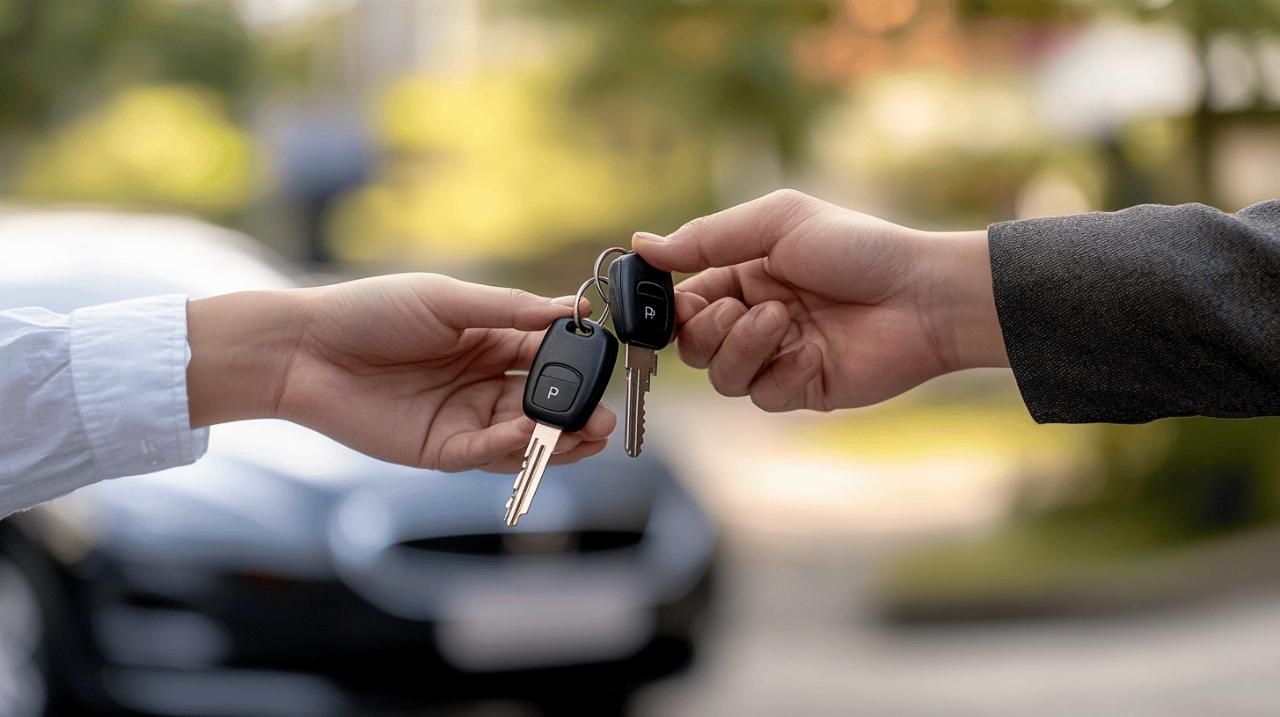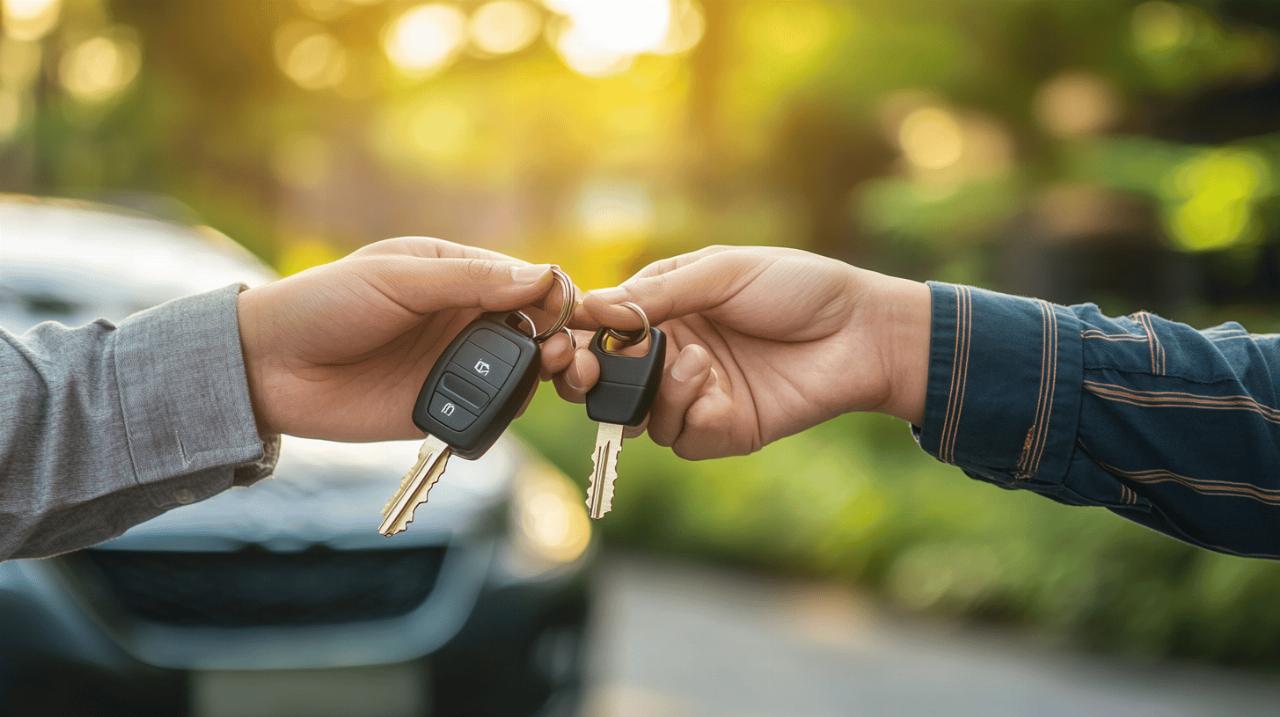Donating Your Car to a Charity: Understanding the Tax Benefits and Registration Process
Donating your vehicle to a charity offers a rewarding alternative to selling it or scrapping it privately. It's a meaningful way to support important causes while also potentially accessing tax benefits. This comprehensive guide walks you through everything you need to know about car donation in the UK, from selecting a legitimate charity to understanding the paperwork and tax implications.
Getting Started with Car Donation in the UK
The first step in donating your car to charity is determining whether your vehicle is suitable for donation. The good news is that virtually any motor can be donated regardless of its condition. Whether your car is in pristine condition, has failed its MOT, or is completely non-functional, charities can still benefit from it. Even vehicles with serious mechanical issues or bodywork damage can generate funds through recycling or parts salvage.
Checking if your vehicle is suitable for donation
When preparing to donate, you'll need to gather some basic information about your vehicle, including its make, model, registration number, current mileage, and MOT expiry date. This information helps donation services determine the best way to process your vehicle. You should also have your V5C registration document ready, as this will be essential for transferring ownership. Remember that charitable organisations accept more than just cars – vans, motorbikes, and even caravans can all be donated through the same process.
Finding reputable charities that accept vehicle donations
Selecting a legitimate organisation for your car donation is crucial. Services like Giveacar or Charity Car specialise in vehicle donations and partner with numerous registered charities across the UK. Before proceeding, verify the credentials of any donation service by checking if they're registered with the UK Charity Commission. This ensures your donation will genuinely benefit charitable causes. You might consider supporting organisations like NHS Charities Together, Teenage Cancer Trust, or RSPCA, all of which accept vehicle donations. Additionally, confirm whether the company handling the physical vehicle collection is registered with the Environment Agency, which guarantees proper recycling practices for vehicles that cannot be resold.
The vehicle registration and transfer process
Once you've selected a charity and confirmed your donation, you'll need to address the administrative aspects of transferring vehicle ownership. This process involves notifying the proper authorities and ensuring all paperwork is correctly completed to avoid future complications.
Sorting Out the Paperwork with the DVLA
Proper DVLA notification is a critical step in the car donation process. You must complete and submit the relevant section of your V5C form to inform the DVLA about the change of ownership. The charity or donation service will typically provide guidance on this step, but the responsibility ultimately lies with you as the original owner. If your vehicle is destined for scrap, you should receive a Certificate of Destruction as proof that the car has been properly disposed of. Another benefit worth noting is that you can reclaim any remaining road tax if there's more than a full month left on your Vehicle Excise Duty, providing a small financial return from your donation.
Mot requirements and vehicle condition considerations
The condition of your vehicle will determine how the charity processes it. Cars in good condition with valid MOT certificates are typically sold at auction to generate maximum funds. Vehicles requiring minor repairs might be refurbished before auction to increase their value. Cars that are beyond economical repair will be sold for scrap, with the metal and parts recycled. This vehicle recycling process not only generates funds for charitable causes but also offers significant environmental benefits by ensuring proper disposal of automotive materials. Most donation services will collect your vehicle for free, usually within a week of your initial contact, regardless of its condition.
Tax benefits of donating your car
One of the attractive aspects of car donation is the potential tax advantages. Understanding how these benefits work can help you maximise the impact of your donation while also receiving some financial recognition for your generosity.
How gift aid works with vehicle donations
If the donation firm handling your vehicle is a registered charity, they may be able to claim Gift Aid on your donation. Gift Aid allows charities to claim an extra 25% on eligible donations from UK taxpayers, effectively increasing the value of your contribution at no additional cost to you. This means that for every pound your vehicle raises, the charity receives an extra 25 pence from the government. To qualify for Gift Aid, you must be a UK taxpayer who has paid enough income or capital gains tax to cover the amount the charity will reclaim. The donation service will typically ask you to complete a Gift Aid declaration during the donation process.
Documentation needed for tax relief claims
Proper documentation is essential for claiming any tax benefits associated with your car donation. After your vehicle has been processed, you should receive a donation receipt detailing how much your car raised for charity. Keep this receipt safe as it serves as verification of your donation for tax purposes. If you're a sole trader or part of a partnership, you may be able to deduct charitable donations from your total taxable income, but you'll need these records to support your claim. Remember that limited companies follow different rules regarding charitable donations and tax relief. For significant donations, particularly of valuable vehicles, consulting with a tax professional about specific documentation requirements is advisable.
Making the Most of Your Car Donation
Understanding how charities utilise your donated vehicle can help you appreciate the full impact of your contribution and may influence your choice of charity or donation service.
Understanding how charities use donated vehicles
When you donate your car, the charity typically has several options for generating funds from it. Vehicles in good condition are sold at auction to achieve the highest possible price. Those requiring minor repairs might be refurbished before sale to increase their value. Cars beyond economical repair are sold for scrap, with the proceeds going to the charity. It's worth noting that some donation services pass 100% of the proceeds to charity, while others may charge administrative fees of up to 25%. Auction sales often incur additional fees as well. When researching donation services, compare their fee structures to ensure as much value as possible reaches your chosen cause.
The social impact of your motor donation
The social impact of vehicle donation extends far beyond the monetary value generated. Car donations collectively raise millions of pounds annually for UK charities, supporting vital work in healthcare, education, animal welfare, and social services. By donating your vehicle, you're contributing to a sustainable funding stream that helps charities plan and execute their programmes with greater certainty. Additionally, the environmental benefits of proper vehicle recycling shouldn't be overlooked. Responsible dismantling and recycling of automotive components reduces landfill waste and conserves resources. This combination of charitable support and environmental responsibility makes car donation a truly rewarding way to part with your unwanted vehicle while creating meaningful social change.
What happens after you donate your car
Once you've made the brilliant decision to donate your car to charity, you might wonder what happens next. The process doesn't end when your vehicle is collected – there's a journey your donated car takes, and several steps that ensure both you and the charity benefit properly from your generosity.
Tracking your vehicle's journey post-donation
After the charity or donation service collects your car, its path depends largely on its condition. Cars in good nick are typically sent to auction, where they're sold to the highest bidder, with proceeds going to your chosen charitable cause. If your motor needs a bit of work, some services might fix it up before auction to fetch a better price.
For vehicles that have reached the end of their roadworthy life, recycling becomes the next step. These cars are dismantled for valuable parts or materials, with the scrap value benefiting the charity. This environmentally friendly approach ensures that even write-offs can make a meaningful contribution while reducing waste. You'll need to notify the DVLA about the change of ownership by completing the relevant section of your V5C form. If your car is scrapped, you'll receive a Certificate of Destruction as proof, which is important for your records.
Many donation services handle the entire process, from collection to sale or recycling, making it completely hassle-free for you. Most will collect your vehicle within a week of your initial contact, regardless of whether you're donating a car, van, motorbike, or even a caravan.
Receiving Confirmation and Acknowledgment from the Charity
After your vehicle has been processed, you'll receive formal confirmation from the charity or donation service. This documentation typically includes a donation receipt detailing how much your car raised for the charitable cause. This receipt is crucial if you wish to claim any applicable tax benefits associated with your donation.
When it comes to tax advantages, it's worth noting that donations from individuals to UK charities are tax-free. If the donation firm is a registered charity, they may be able to claim Gift Aid at 25%, which increases the value of your donation without any extra cost to you. Keep all documentation as you might need these records to deduct the donation from your total taxable income.
You can also reclaim any remaining road tax (Vehicle Excise Duty) if there's more than a full month left on it, putting a bit of money back in your pocket. The charity should provide guidance on this process, but you'll typically need to contact the DVLA directly.
To ensure your donation has gone to a legitimate organisation, verify that the charity is registered with the UK Charity Commission. Similarly, check that any vehicle recycling partners are registered with the Environment Agency, guaranteeing proper environmental practices are followed during the recycling process.
By donating your car, you're not just disposing of an unwanted vehicle – you're supporting important charitable causes ranging from healthcare and education to animal welfare and social services, all while ensuring your vehicle is handled responsibly.
